1. “The Frito Bandito” (Frito-Lay, 1967–1971)

This ad featured a cartoon character that heavily leaned into negative stereotypes of Mexican culture, complete with an exaggerated accent and sombrero. Today, this portrayal would be deemed offensive and culturally insensitive.
2. Cigarettes Are Doctor-Approved (Various Brands, 1940s–1950s)
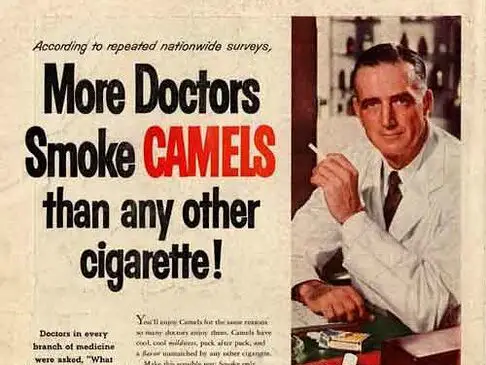
Many vintage cigarette ads touted their products as healthy and even endorsed by doctors. Modern understanding of the dangers of smoking makes these claims not only false but deeply irresponsible.
3. Shake ‘n Bake – It’s a Woman’s Job (1960s)
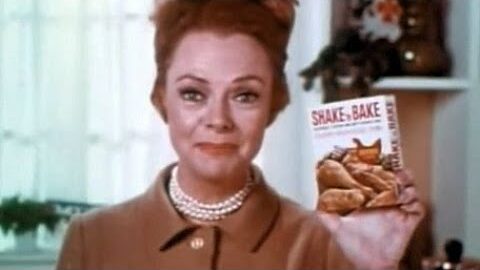
While the product was harmless, the ads leaned into sexist tropes, emphasizing that a woman’s place was in the kitchen preparing meals for her family. Such messaging wouldn’t fly today.
4. A Lighter Skin Is a Better Skin (Various Brands, 1960s–1980s)
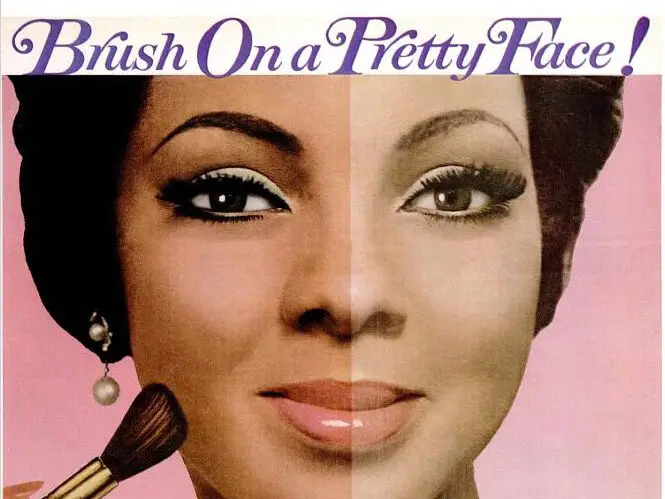
Skin-lightening creams were heavily marketed with slogans that implied lighter skin was superior, perpetuating harmful beauty standards. These ads would be criticized for promoting colorism today.
5. Calgon: Ancient Chinese Secret (1970s)
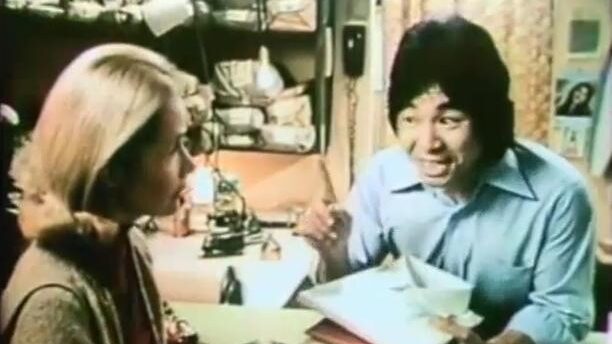
This ad portrayed a Chinese-American laundromat owner joking about his “secret” to clean clothes, playing into tired and reductive stereotypes of Asian culture.
6. Pretty Girls Drink Tab (1970s)
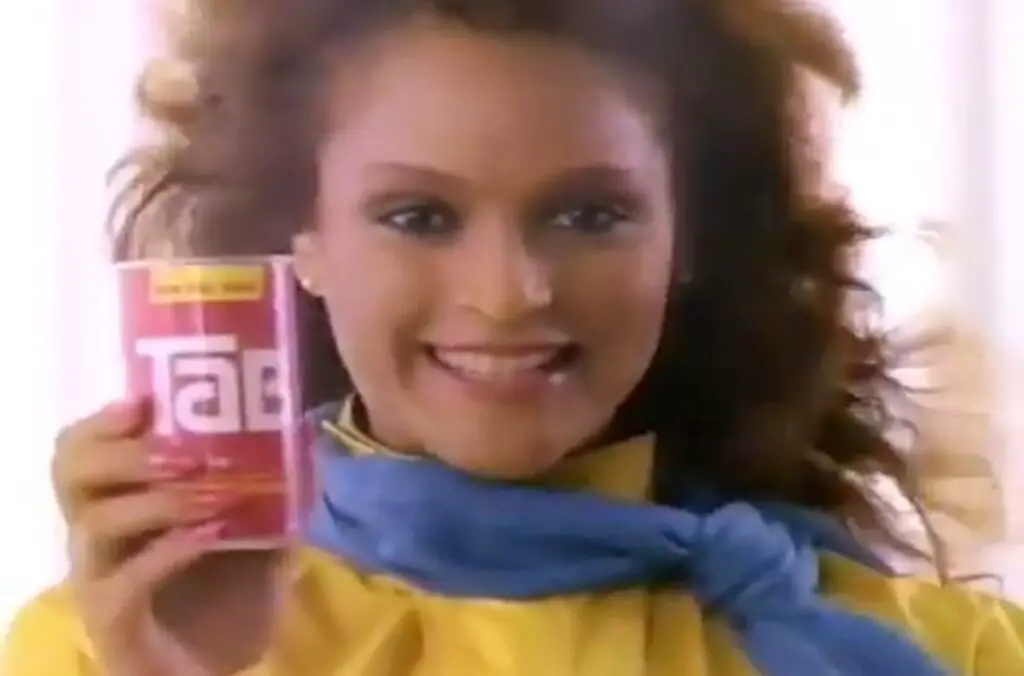
Diet soda ads like this one linked physical beauty with drinking their product, contributing to unhealthy body image pressures and unrealistic standards.
7. A Woman’s Value Is Her Weight (AYDS Diet Candy, 1970s)
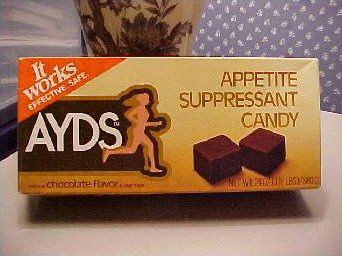
This product promised weight loss, but the ads heavily shamed women for their size, framing thinness as the only acceptable standard of beauty.
8. Boys Don’t Cry (Toys for Boys, 1980s)

Classic ads for boys’ toys often reinforced toxic masculinity by encouraging toughness and action, while portraying sensitivity as undesirable.
9. Mr. Clean Only Helps Moms (1960s)
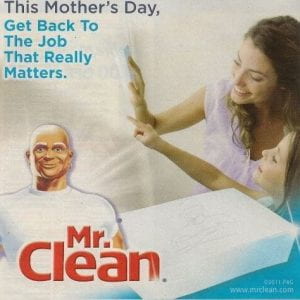
Cleaning product ads like this one exclusively targeted women, reinforcing the outdated idea that household chores were solely their responsibility.
10. Love’s Baby Soft: Sexy Like a Baby (1970s)
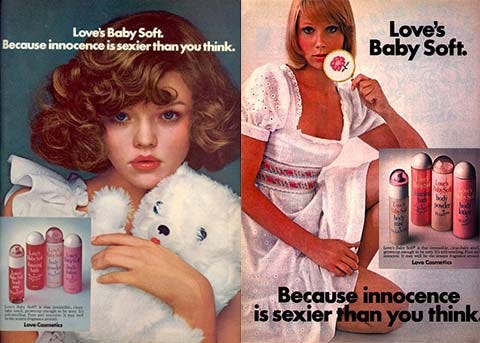
This perfume ad featured young girls in provocative poses, which would raise serious concerns about the inappropriate sexualization of minors today.
11. I’d Like to Buy the World a Coke (Coca-Cola, 1971)
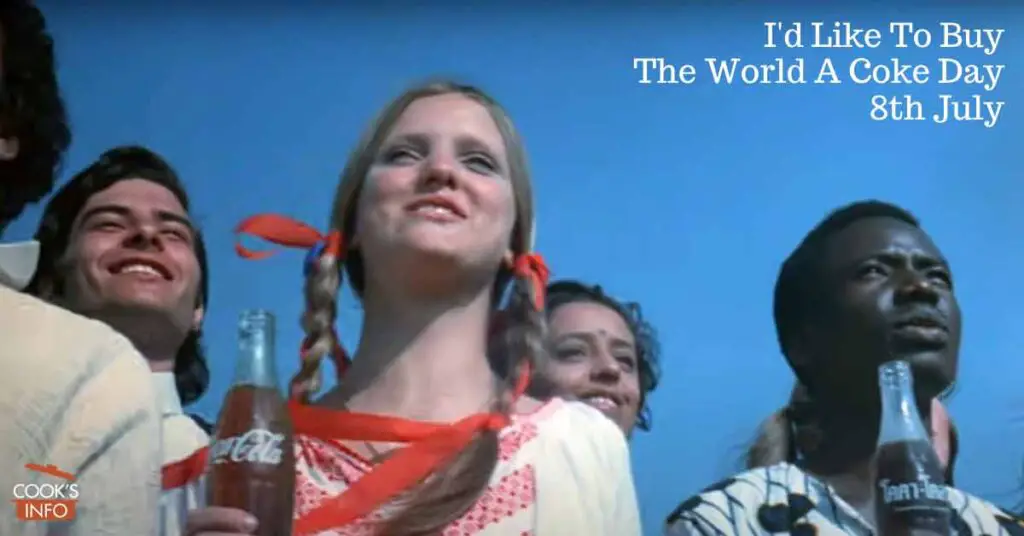
Though iconic, this ad has been criticized for commercializing global unity in a way that feels exploitative and insincere when viewed through a modern lens.
12. Chlorine = Cleaner Women (Lysol, 1920s–1930s)
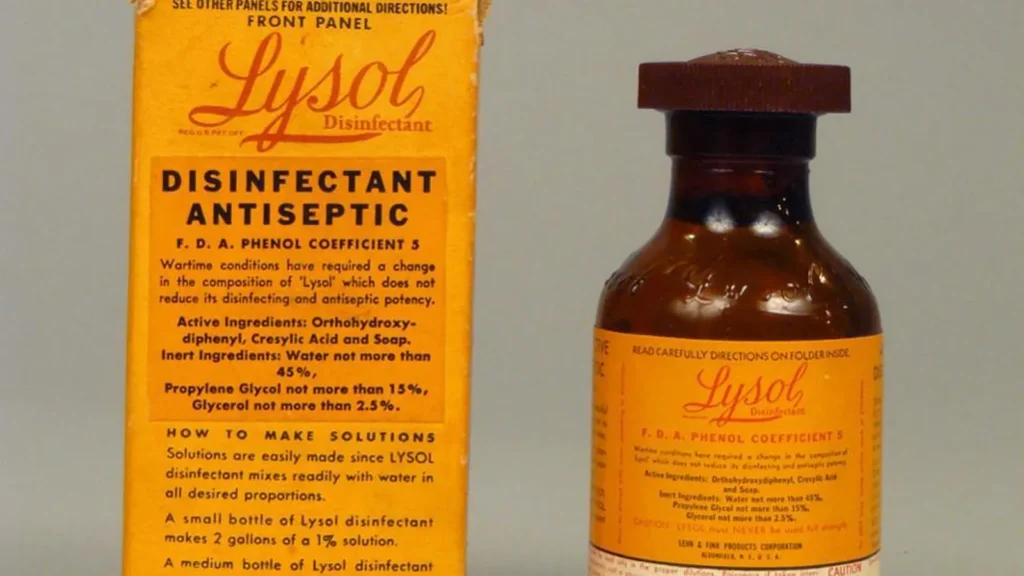
Early Lysol ads bizarrely marketed the product as a feminine hygiene solution, perpetuating harmful myths about women’s health and using fear as a sales tactic.
These ads, though reflective of their times, serve as reminders of how much societal norms and expectations have evolved—and why progress in advertising ethics is so important.
